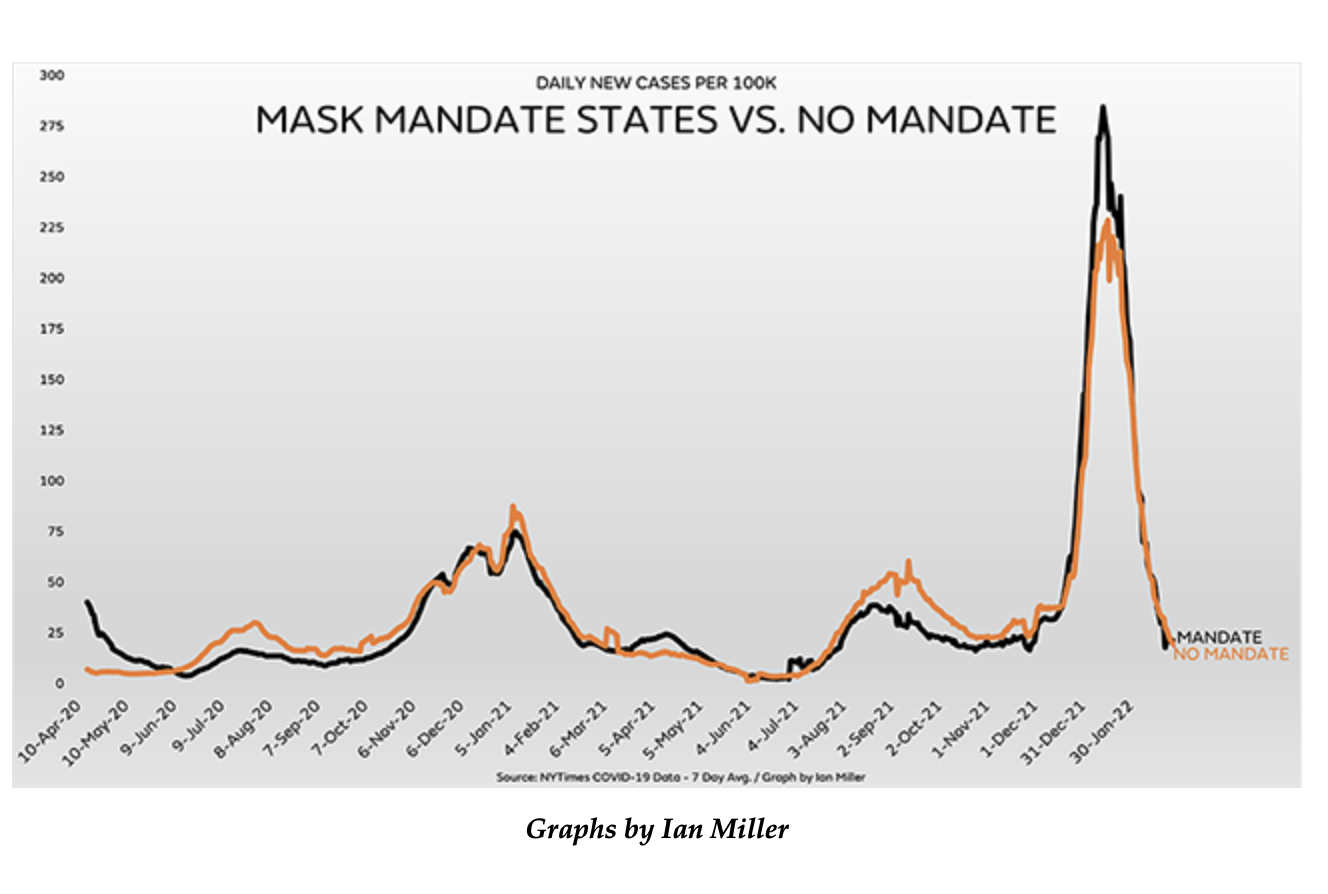Opinion becomes fact, disagreement becomes "disinformation"
/The Daily Skeptic provides an excerpt from the WSJ
“Barton Swaim, an editorial page writer for the Wall St Journal, has written a brilliant piece about how censorship has become fashionable among America’s educated elites – and not just America’s – under the guise of ‘protecting’ democracy from ‘misinformation’. What’s particularly good about Swaim’s piece is that he links the mistaken belief that ‘data’ and ‘facts’ can drive complicated policy decisions with the avoidance of difficult decisions during the pandemic, with politicians outsourcing difficult decisions to ‘experts’. Here is an extract:”
A quarter-century ago the word ‘censorship’ was almost a profanity in American politics. By the mid-2010s it was permitted, even praised, so long as it targeted heterodox thought. Speakers on college campuses were shouted down without a word of protest from people who in the 1980s had defended the public funding of sacrilegious photographs. Commentators in mainstream journals of opinion advocated the reinstatement of the Fairness Doctrine, which required broadcasters to present both sides of controversial issues and had the effect of chilling debate on every contentious question. A large number of respected academics and intellectuals suddenly believed the U.S. government had a duty to stop people from saying things those same academics and intellectuals held to be factually inaccurate.
Sceptics mostly attribute this new support for censorship to bad faith. I prefer a more charitable explanation. The new censors sincerely mistake their own interpretations of the facts for the facts themselves. Their opinions, filtered unconsciously through biases and experience, are, to them, simply information. Their views aren’t ‘views’ at all but raw data. Competing interpretations of the facts can be only one thing: misinformation. Or, if it’s deliberate, disinformation.
It is in many ways a strange outcome. From the 1970s to the early 2000s, academic philosophies associated with ‘postmodernism’ coursed through American higher education. They held that there was no objectively knowable truth, only subjective interpretation. As if to demonstrate postmodernism’s total impracticality, yesterday’s straight-A college students have now retreated into a risibly facile non-philosophy in which there is no interpretation, only objective ‘fact’.
Such was the mental disposition of America’s enlightened politicos and media sophisticates when the pandemic hit in early 2020. The challenge of public policy, as they saw it, was not to find practical, broadly acceptable solutions. The challenge, rather, was to find and implement the scientifically ‘correct’ solution, the one endorsed by experts. Sound policy, for them, was a matter of gathering enough data and ‘following’ it.
But of course you can’t follow data. Data just sits there and waits to be interpreted.
When COVID-19 came ashore, the country’s political class, in thrall to the authority of public-health experts and the journalists who listen to them, was singularly ill-equipped to lead in a sensible way. What the pandemic required was not the gathering and mastery of information and the quick implementation of ‘data driven’ policy. The data was wildly elusive, changing shape from day to day and yielding no obvious interpretation. No one understood the spread of this astoundingly resilient virus, least of all the experts confidently purporting to understand it. There was, in fact, no clinically correct response.
The situation called for the acknowledgment of risk, the weighing of costs against benefits, the clear declaration of reasonable compromises between competing interests. What happened was an exercise in societal self-ruin – in the U.S. and elsewhere in the developed world. Politicians, especially those most inclined to see themselves as objective, pro-science data-followers, ducked accountability and deferred to experts who pretended to have empirically proven answers to every question put to them. They gave us a series of policies – business shutdowns, school closures, mask mandates – that achieved at best minor slowdowns in the disease’s spread at the cost of tremendous economic destruction and social embitterment.


